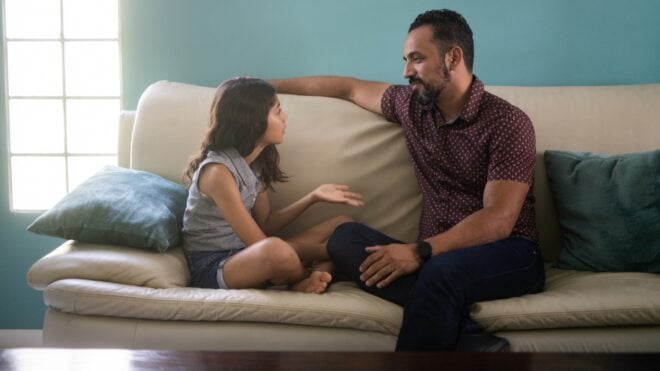A new study released today claims evening tech use doesn't disrupt sleep, the exact opposite conclusion of a study released earlier this week, which concluded that smartphones in kids' rooms rob them of 21 minutes of sleep every night.
While the former offers relief to parents who are sick of nagging kids to separate from their phones, the latter pushes to keep nagging.
How to reconcile the two? The truth is somewhere in the details.
The pro-tech study, conducted by Flinders University clinical psychologist Michael Gradisar in Australia, defends moderate tech use at night—an hour or so of video games. Gradisar, an associate professor in the School of Psychology, said his international research showed no directly related harmful effects on the thousands of teens studied. Experienced video game players showed no signs of elevated heart rates, and, on average, the teens slept fine after playing.
When teens were gaming into the wee hours of the morning, that's where the sleep issues occurred, as one would expect. But the same can be said about staying up late to talk on the phone or do homework.
The other study out of the University of California – Berkeley, the one that said small screens in a child's room are worse on sleep than a TV, recommended that kids spend no more than two hours a day on recreational screen time—which the pro-tech study also concluded.
The Berkeley study, which looked at tech use and sleep of 2,000 fourth- and seventh-graders, went further, concluding kids who had small screens (smartphones, tablets, game players) slept 20 minutes a night less than those kids who slept in screen-free rooms. Kids whose rooms have a TV slept 18 minutes less per night.
Part of the problem with small screens is (1) the temptation to keep checking in and (2) notifications, beeps and flashing lights, Jennifer Falbe, a postdoctoral research fellow at U.C. Berkeley and the study's lead author, concluded.
Experts recommend encouraging kids to disconnect completely by bedtime, recharging devices in an inaccessible place at night (e.g., the parents' closet) and no more than two hours of overall small screen interaction in the evening. They also recommend that parents have conversations with kids about the importance of good rest.




